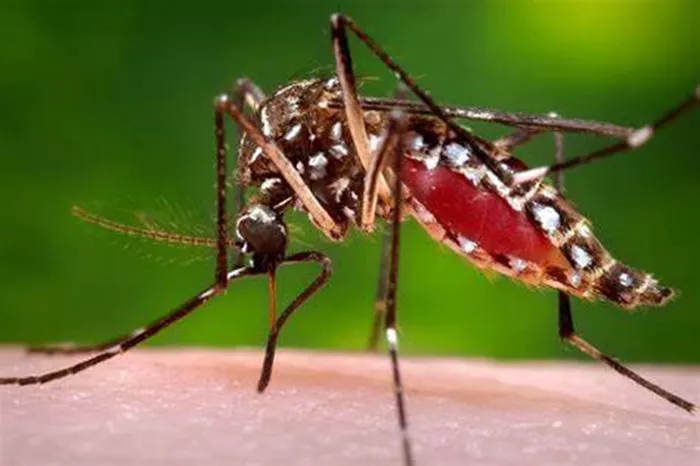General practitioners (GPs) are sounding the alarm over a novel Covid symptom, expressing concerns that the highly contagious Nimbus variant could sweep across the United Kingdom this summer.
The Nimbus variant, scientifically known as NB.1.8.1, is a descendant of the super virulent Omicron. It has already been detected in 13 cases in the UK, following a surge in cases in China, Singapore, and Hong Kong. Experts say that while the symptoms of Nimbus are largely similar to earlier versions of the virus, a “razor blade” throat could be a key indicator of this new variant. Dr Naveed Asif, a GP at the London General Practice, described this distinctive symptom as a sharp, stabbing pain when swallowing, often located at the back of the throat. In addition to this, other symptoms associated with the strain include redness in the back of the mouth and swollen neck glands, along with the well – established common Covid symptoms such as fever, muscle aches, and congestion. “However, symptoms can vary widely so vigilance is key,” Dr Asif told the Manchester Evening News.
The UK Health Security Agency (UKHSA) data reveals that the number of people testing positive for Covid has reached record levels this year, already 97 per cent higher than numbers recorded in March. Although only 13 British cases of Nimbus have been identified so far, this figure likely underestimates the spread of the variant, as the number of Covid tests carried out has significantly decreased since the height of the pandemic and lockdown. Virologist Professor Lawrence Young from Warwick University has warned that the new strain could lead to a surge in Covid cases over the summer. He attributed the potential spike in infections to warmer weather and busier social lives. “We are very likely to see a spike of infections over the next couple of months, possibly by later this month or in July. But it’s difficult to predict the level of this infection wave,” he told the i paper. “Population immunity, either from vaccination or previous infection, is waning and, unlike other respiratory viruses such as flu, the Covid virus continues to spread in hot and humid weather.”
Currently, adults over the age of 75, care home residents, and those aged six months and over who have weakened immune systems, including organ, bone marrow or stem cell transplant patients, people living with HIV, cancer patients undergoing chemotherapy or radiotherapy, and those with genetic disorders affecting the immune system, are all eligible for a free Covid vaccine across the UK. UKHSA data shows that people who received a Covid jab as part of last spring’s booster campaign were 45 per cent less likely to need hospital care for the virus in the following weeks compared to the unvaccinated. The agency has urged all eligible individuals to get vaccinated to safeguard themselves against both the NB.1.8.1 variant and Covid in general. While lab studies suggest that Nimbus can infect human cells more efficiently than previous strains, currently, there is no evidence that it is more likely to cause severe illness or death in those it infects compared to previous variants. However, the virus can still be deadly for more vulnerable groups, with Covid being a factor in the deaths of just over 300 people in England in May, according to the latest official figures. The UKHSA is closely monitoring the Nimbus variant, and international data indicates that it is increasing as a proportion of all Covid – 19 cases globally, now accounting for 10.7 per cent of infections, up from just 2.5 per cent a month prior.
Related topics:





























